20 Forgotten Video Game Franchises That Deserve a Comeback
They were once some of the biggest and best franchises in gaming. Now, they've sadly been all but forgotten.
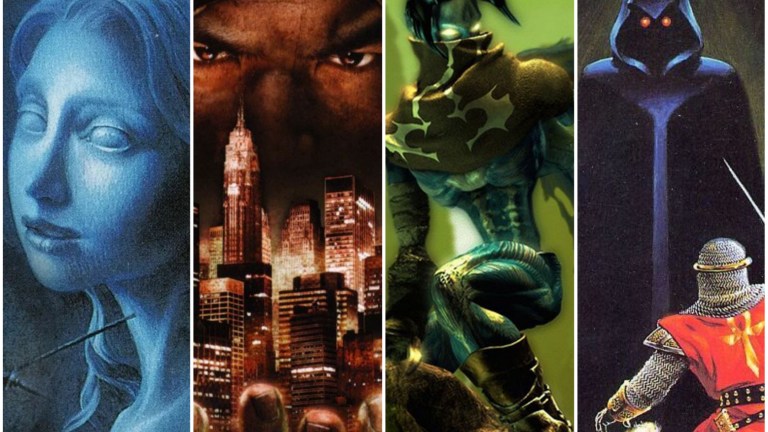
It’s not hard to understand how “franchises” became a bad word. At a time when ideas are born to become IPs, it’s easy to look down on the very idea of a franchise. However, not all franchises are treated equally. In fact, there have been quite a few video game franchises that never really got the chance they deserved.
It’s odd to think of a video game franchise eventually being lost to time. After all, the very idea of a game becoming a franchise means that it obviously was a big enough deal at one point to be worthy of follow-ups. Yet, history has shown that it’s surprisingly easy for a series to just vanish. Some fell off the radar due to bad sales or a few bad entries, but others vanished from our collective conscious for no good reason at all.
Before we talk about those games here are a few pieces of criteria to consider.
- Any video game property with two or more entries was considered a franchise for the purposes of this list.
- This list doesn’t include games that deserve a sequel. For more information on those games, check out some of our previous articles on that subject.
- “Forgotten” is obviously kind of a subjective term. However, I tried to limit this list to franchises that haven’t received a new entry in at least a decade and aren’t usually discussed when this topic comes up. That means you won’t find the Dino Crisis series on this list.
With that out of the way, here are 20 video game franchises that don’t deserve to be forgotten.
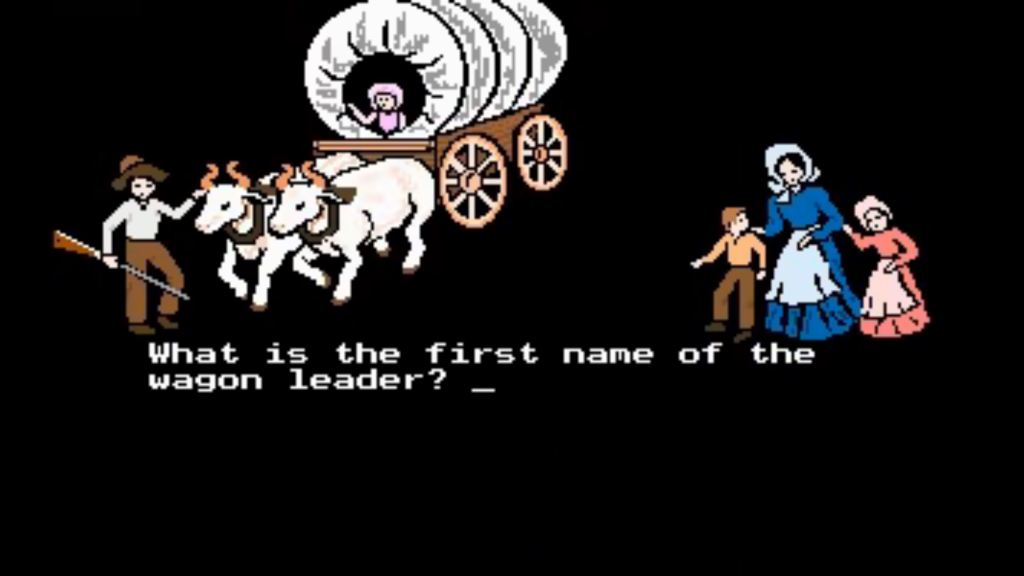
20. The Oregon Trail
It’s almost impossible to not fondly remember the Oregon Trail games if you were lucky enough to play them in school. Not only were those games that “simulated” a westward adventure a great excuse to play games at school in the name of education, but they were genuinely compelling experiences that you would gladly return to outside the library.
So why did this series just disappear? Oregon Trail was essentially a rougelite survival game with adventure elements and a unique setting/premise. In other words, it was pretty much exactly the kind of indie game that shoots up Steam’s best-seller charts. Granted, you’d probably have to update aspects of the franchise to adhere to our modern understanding of the period it portrays, but the potential is so clearly there. At the very least, this franchise deserves so much more than the cash-in 2011 mobile title it most recently received.
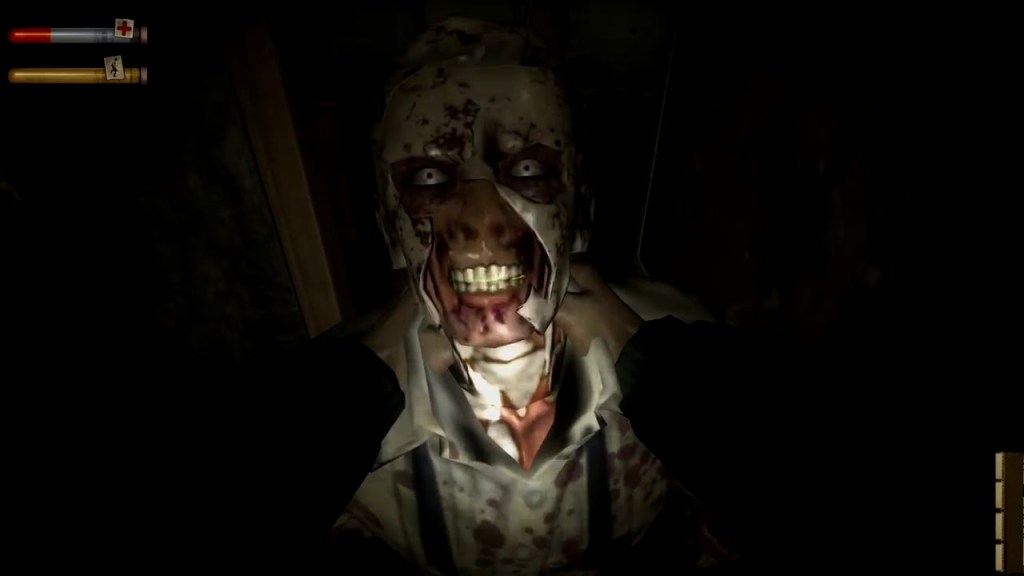
19. Condemned: Criminal Origins
2005’s Condemned: Criminal Origins was a surprising shot in the arm for the horror genre. The game not only clearly showcased the power of the Xbox 360 but showed it was still possible to make a more action-driven horror game that didn’t sacrifice scares. 2008’s Condemned 2: Bloodshot wasn’t quite as good but clearly showcased the series’ potential.
Sadly, the franchise has fallen off the radar since then. It seems like the series was never really a best-seller, but given how much Condemned clearly influenced Resident Evil 7 and Village (among other games), maybe now is the time for this underrated franchise to finally get a little love. Having said that, I never want to walk through another department store filled with killers disguised as mannequins.
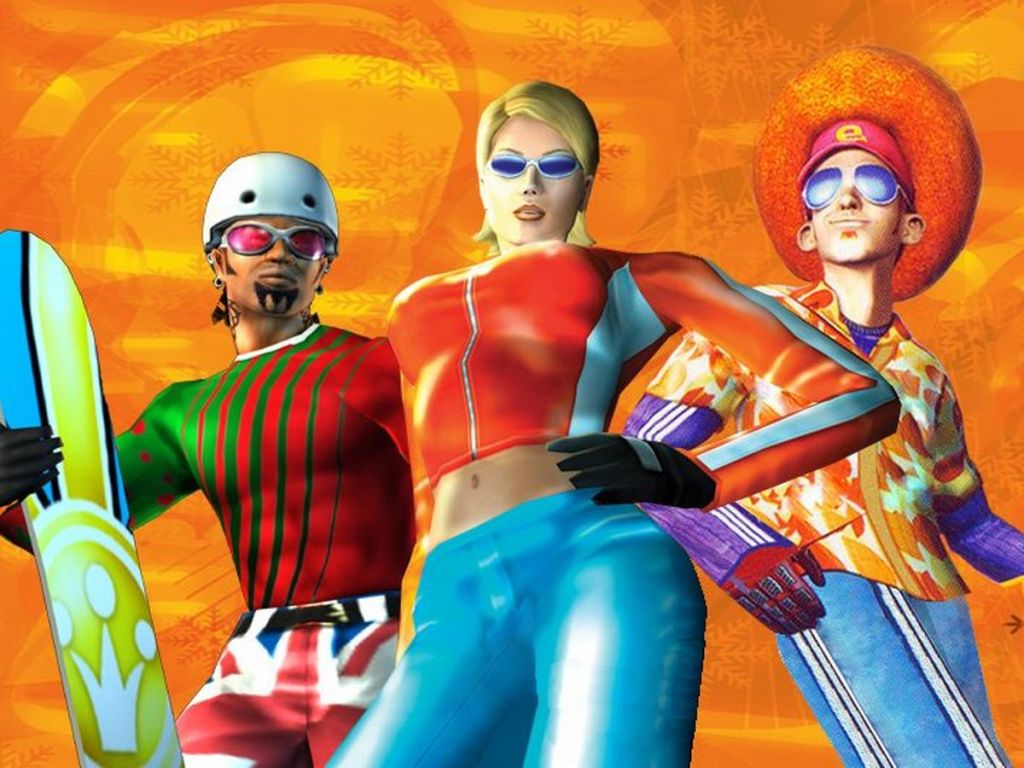
18. SSX
I almost left SSX off this list simply because I was convinced we recently got a new SSX game. That “recent” game was 2012’s SSX: a well-meaning (but misguided) attempt to modernize the franchise.
What we really need is a modern SSX game that tries to recapture the magic of SSX Tricky. We need a modern SSX game that is fast, wild, stylish, and fun. Even at the height of extreme sports gaming, there weren’t many extreme sports games that offered what the best SSX titles did. Now, those games feel downright magical.
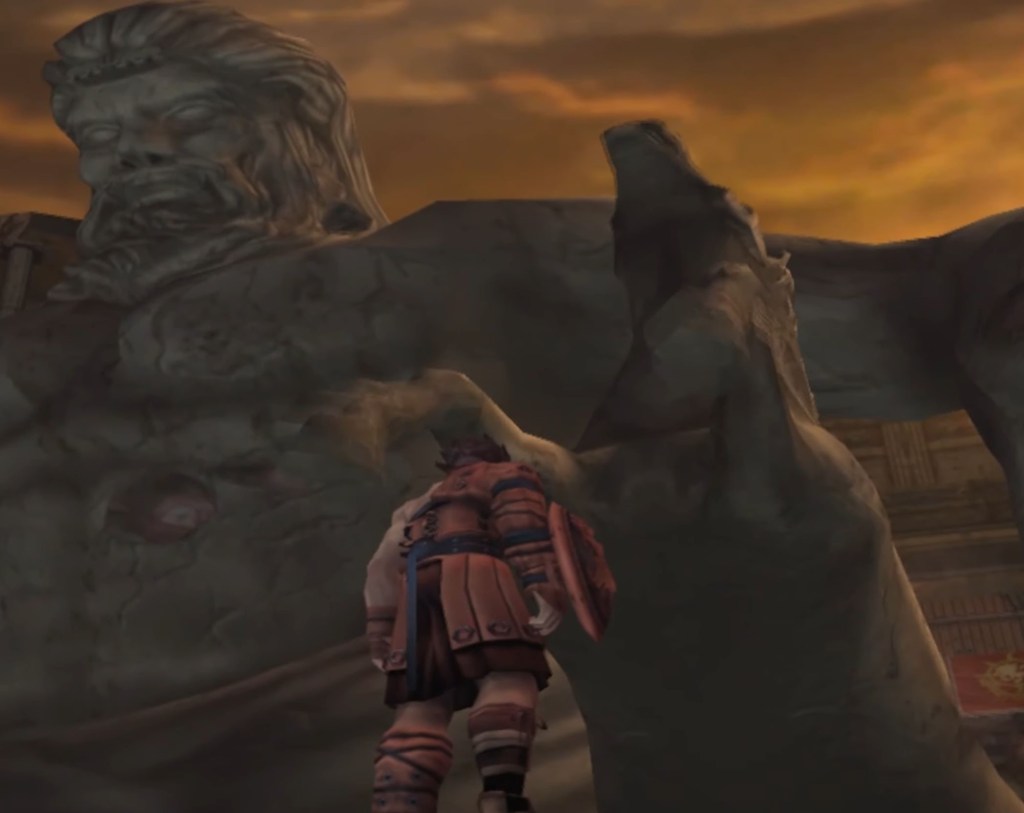
17. Rygar
The two main Rygar games we’ve been blessed with so far (1986’s Rygar and the 2002 remake of that title) are quite simply two of the most underrated action games of their eras. If you’ve never played one of the Rygar games, picture a Clash of the Titans-style mythical adventure starring a warrior who carries a massive shield weapon attached to a chain. Yeah, they’re pretty great.
I think there was a time when Rygar simply failed to compete against some of the genre’s heaviest hitters. Now, though, Rygar’s approach to pure action gaming would feel like a breath of fresh air. With the God of War franchise going in a different direction and no new Devil May Cry on the horizon, we need Rygar more than ever.
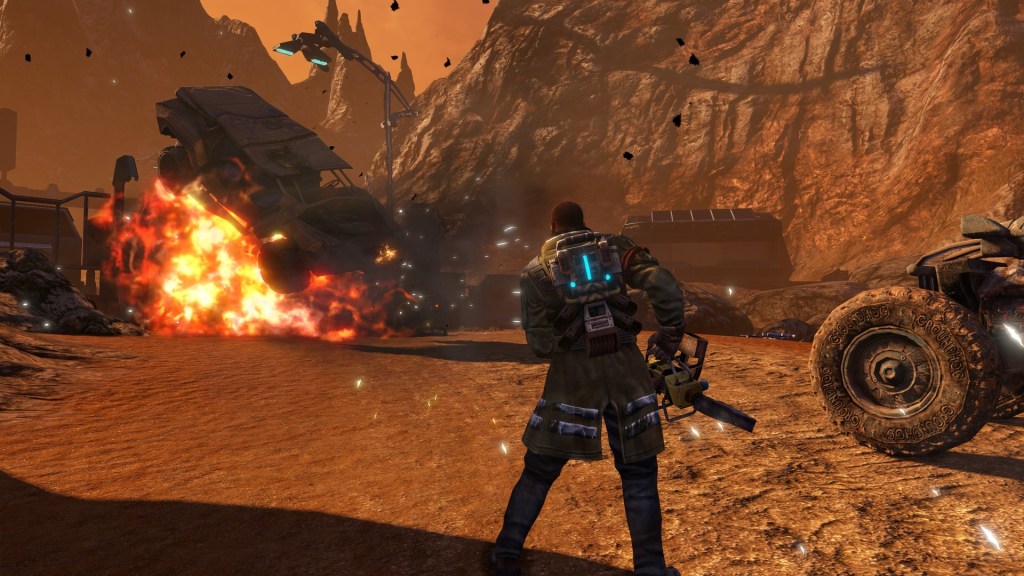
16. Red Faction
While I’m a huge fan of the Red Faction franchise, I also acknowledge that there are reasons why the series never really reached that next level of success. The Red Faction games always had great ideas that just never really came together to form a blockbuster. From a business standpoint, I understand why the franchise was just kind of abandoned.
From a gaming standpoint, though, I remain convinced that someone can make this franchise work. The idea of leading a worker’s revolution on Mars with the help of Red Faction’s incredible environmental destruction mechanics sounds pretty good right now. We just need someone to take another chance on a series with so much potential.
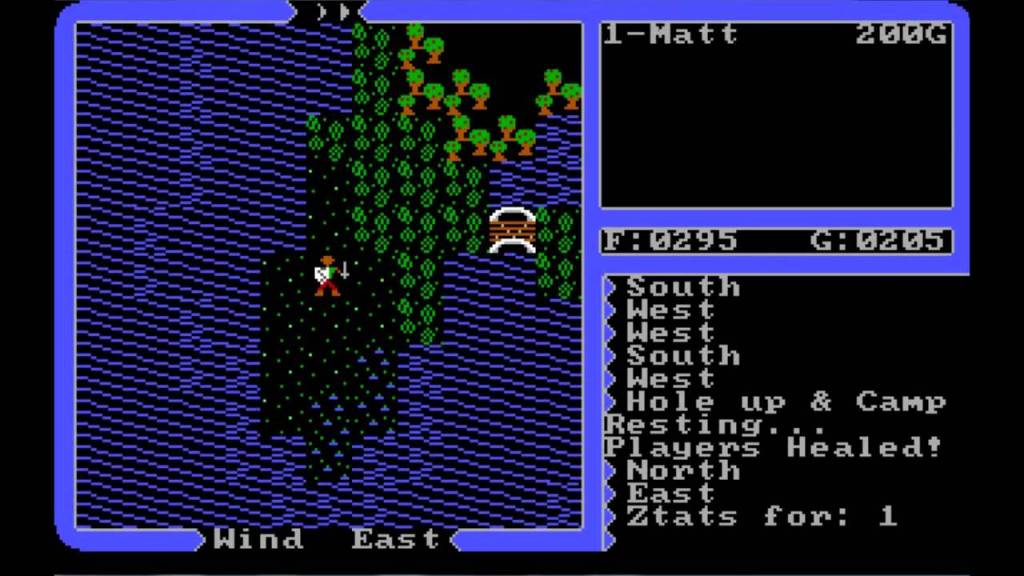
15. Ultima
This is another franchise I almost didn’t put on the list. After all, surely everyone remembers the Ultima games, right? However, it seems like the sad fact of the matter is that the Ultima series just seemed to skip a generation. Not enough people are aware that Ultima is as important (if not more important) to RPGs as Final Fantasy, Fallout, and The Elder Scrolls.
It would be incredible if someone found a way to restore Ultima to glory. Granted, 2018’s Underworld Ascendant ended up being kind of a disaster, but how do you not see the potential in a franchise that helped shape modern gaming? Whether it’s a proper Ultima Underworld revival or something more traditional, we really need more Ultima in our lives.
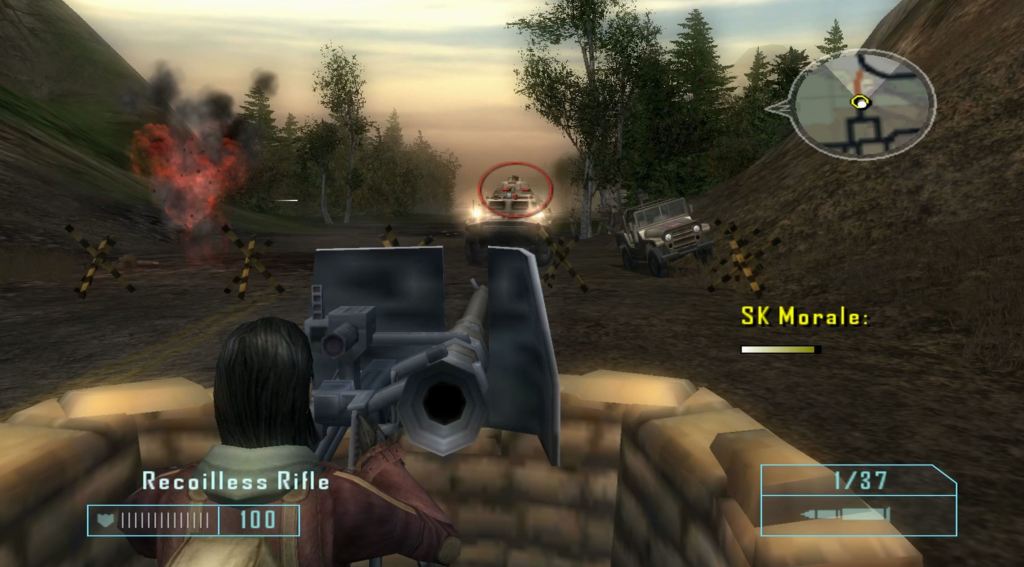
14. Mercenaries
2005’s Mercenaries really was a revelation. At a time when open-world games were still in their relative infancy, Mercenaries offered exactly what is promised in its subtitle: a playground of destruction. It was a no-nonsense sandbox game that offered you a few objectives and a ton of ways to just have fun.
As more and more open-world games become increasingly interested in holding your hand through a more narrative-driven adventure, I find myself missing the simplicity of the Mercenaries games at their very best. Few series have been able to match the pure pleasures of this franchise that was always a little more creative than it ever let on.
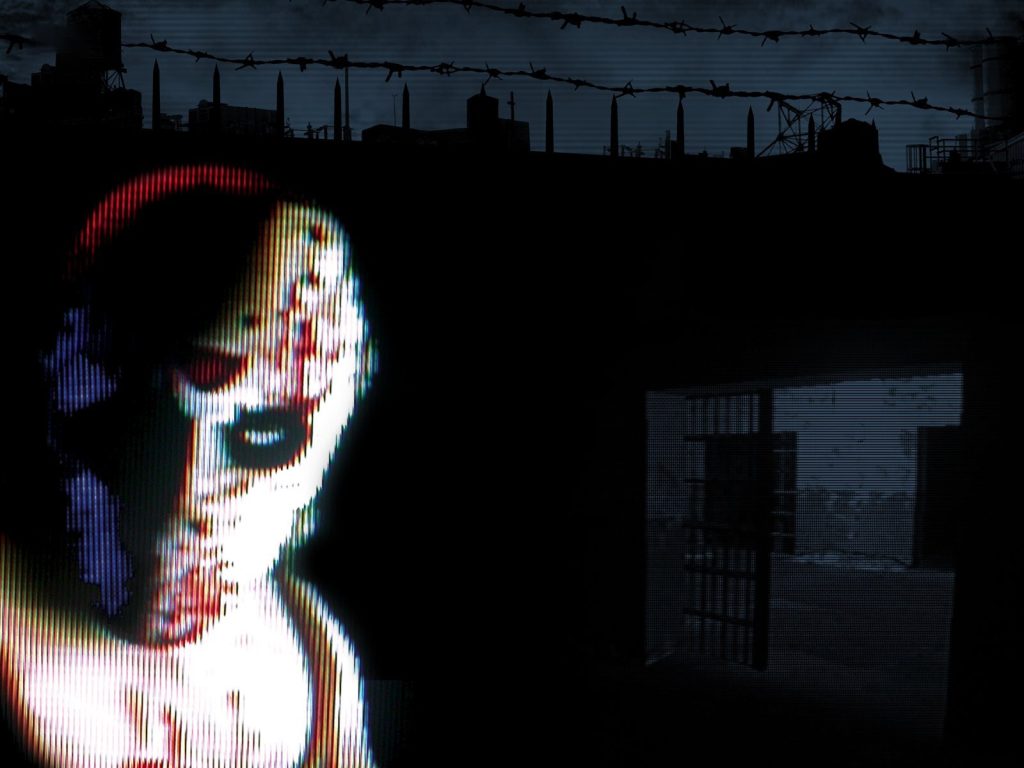
13. Manhunt
There are many reasons why we’ll never get another Manhunt game. The stealth genre has never been a consistent best-seller, Rockstar has pretty much abandoned all but a couple of their legacy franchises, and Manhunt has always been an especially controversial franchise that would certainly not be any less controversial now. A new Manhunt game is never going to happen.
Still, I’ll always harbor a place in my heart for the Manhunt games. They were creative (if occasionally misguided) attempts at commenting on the evolution of violence in video games and how we have (and haven’t) made peace with that violence. They were also shockingly good stealth horror titles that generally deserved a bit more love.
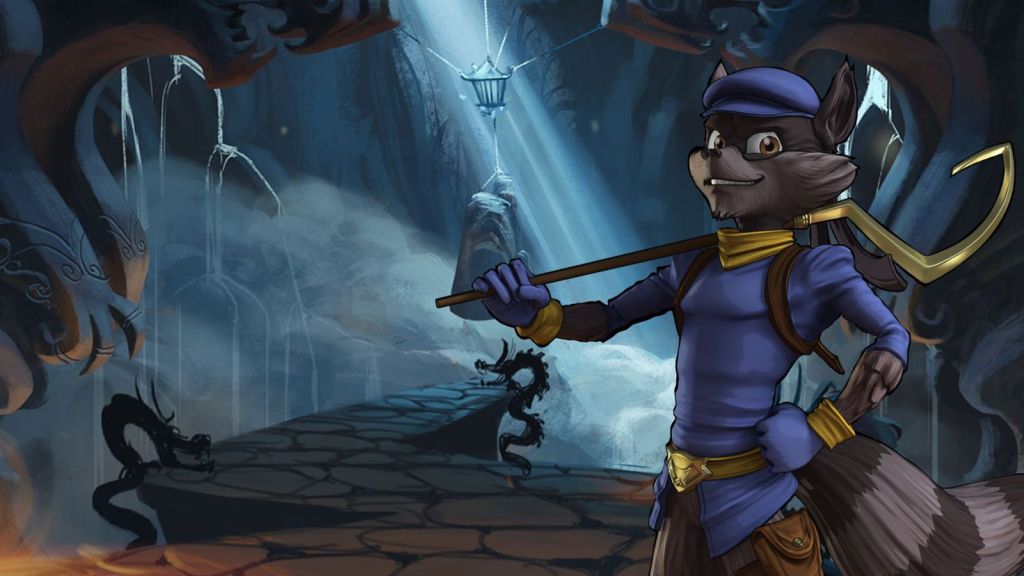
12. Sly Cooper
There was a time when it felt like Sly Cooper was destined to become the next big name in the platformer genre. While the Sly Cooper games were critical successes that certainly found an audience, I’ve always felt like we may have taken those games’ greatness and charm for granted.
While I don’t know if we’d ever be lucky enough for developer SuckerPunch to take the reins of this franchise once more, I do know that it’d be nice to see someone give us a cel-shaded action platformer starring a gang of animals trying to pull off the perfect heist. Besides, 2013’s fairly good Sly Cooper: Thieves in Time showed there are other studios who may be able to do this series justice.
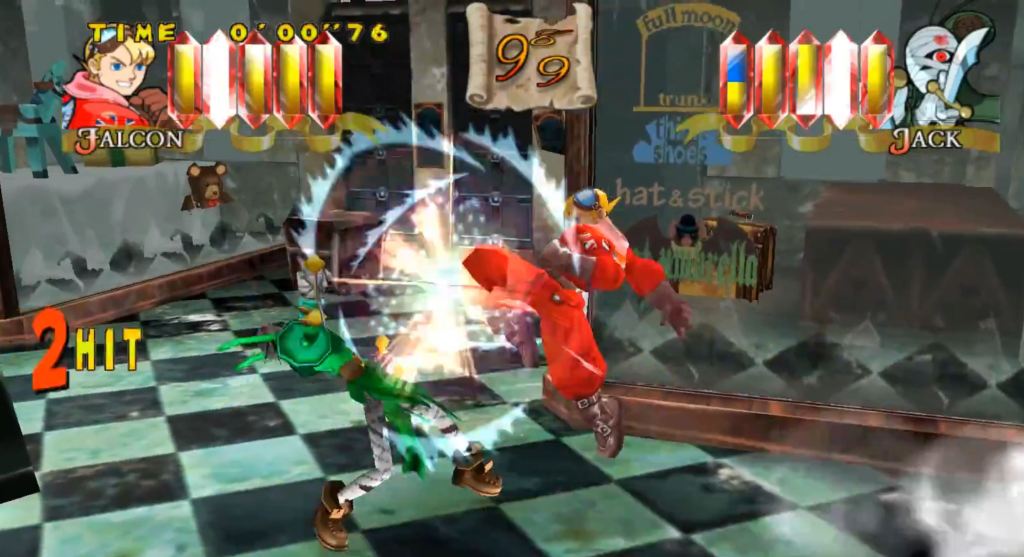
11. Power Stone
What is Power Stone? That’s a great question. It was a strange little experience that is perhaps best thought of as a more arcade-like take on the arena fighting genre. It was a truly wild fighting game that captured the pure fun of the Smash Bros. series but boasted a rare kind of “pick up and play” quality that increased its general accessibility.
Above all else, Power Stone was fun. If you tend to measure the value of any fighting game by the quality of the average match, you’ll have a hard time finding another fighter that has more to offer on a moment-to-moment basis. From its interactive environments to its unique power-up mechanics, this game was all about having a good time and gradually appreciating its surprisingly clever mechanics.
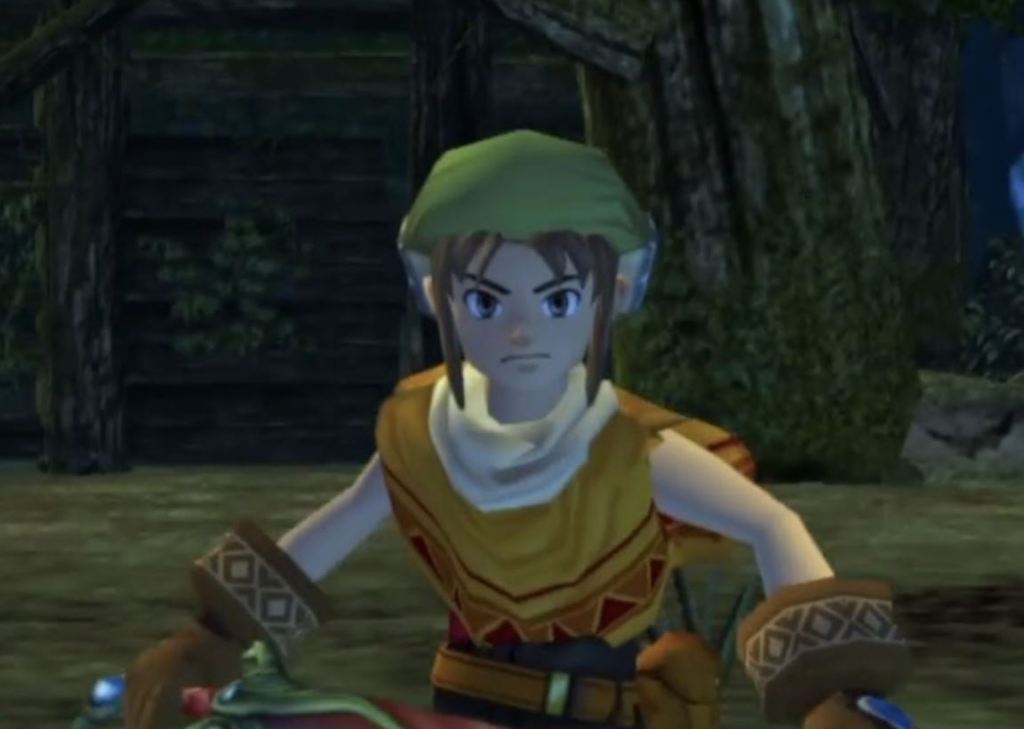
10. Dark Cloud
The PlayStation 2 was quite simply one of the best consoles for RPGs. While it’s unrealistic to expect every great PS2 RPG franchise to live on to this day, it’s always disheartening to look back at a list of great PS2 RPGs and realize how few of them were even given the proper chance to see the next generations of gaming. Somewhere near the top of that list is Dark Cloud.
Dark Cloud was an ARPG with society-building elements. It basically tasked you with fighting your way through dungeons in order to acquire the resources needed to rebuild the world outside. It was that rare kind of RPG that was fun right out of the gate yet offered the kind of depth needed to keep you hooked for hundreds of hours. Whatever reasons it may have not been a huge success (weak graphics, strange premise, etc.) feel trivial compared to what it had to offer.
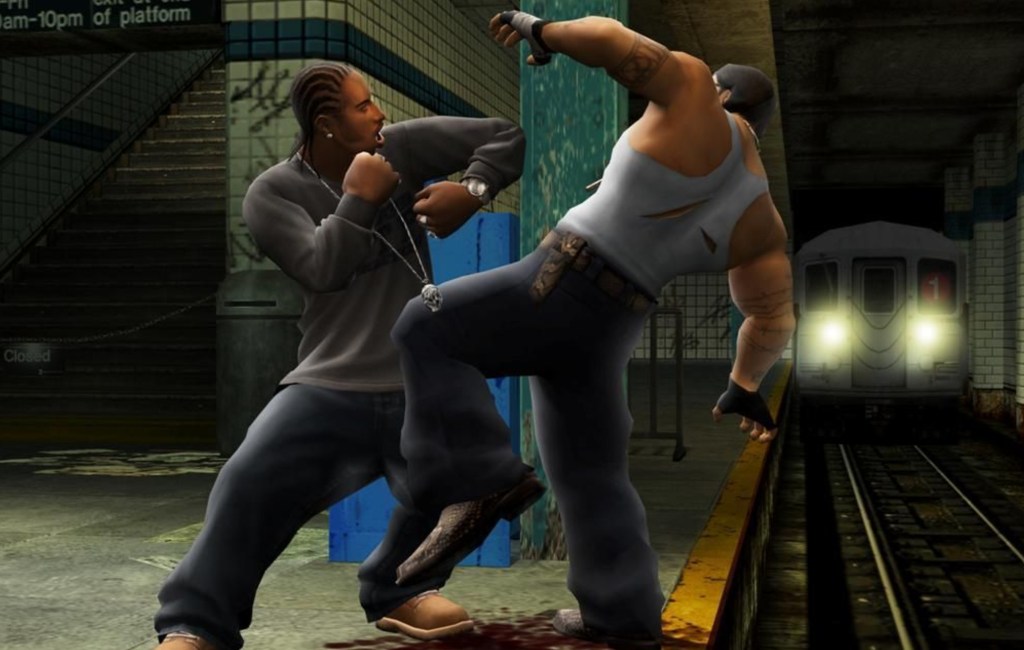
9. Def Jam
It’s difficult to talk about the early Def Jam games without giving into hyperbole. There’s a strong argument to be made that they were not only some of the best wrestling games ever made but some of the best fighting games ever made as well. Mind you, I’m talking about a series of EA-published games starring a variety of licensed musicians. The whole thing should have been a disaster.
To be fair, the last Def Jam game we got (2007’s Def Jam: Icon) was kind of a disaster. While I don’t know if there’s a studio out there that has what it takes to match the brilliance of the AKI Corporation’s “better than they had any right to be” Def Jam games, I do know that there’s not a day that goes by when I don’t find myself wishing we still had those games in our lives.
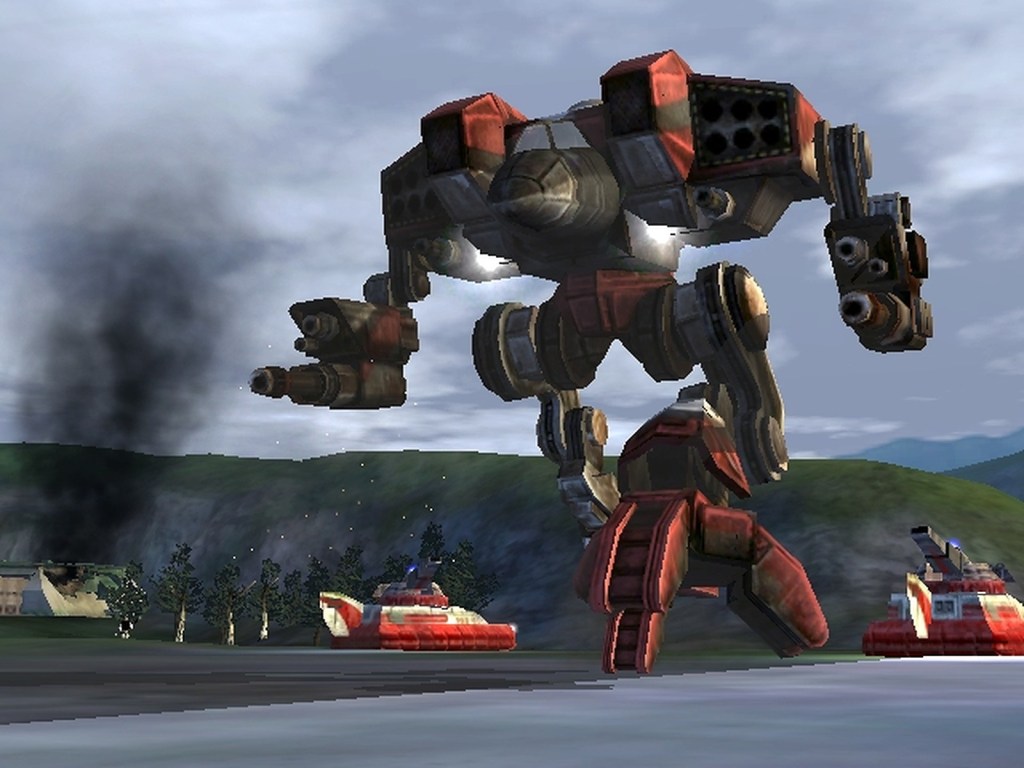
8. Mechassault
One day, someone is going to be able to explain to me why there seem to be fewer giant mech games on the market than ever before. Until that day comes, I’ll be left to fondly think back on the Mechassault games.
Truth be told, there’s not a lot to the Mechassault games. They let you hop in a mech, complete a few missions, and try to feel bad about some of the property damage you inevitably cause. Yet, it’s their simplicity that made them special. They weren’t trying to simulate what it would be like to pilot a mech, and they weren’t trying to get in the way of your good time. They were the kind of “pick up, play, and enjoy” experiences that feel a lot rarer now than they probably should.
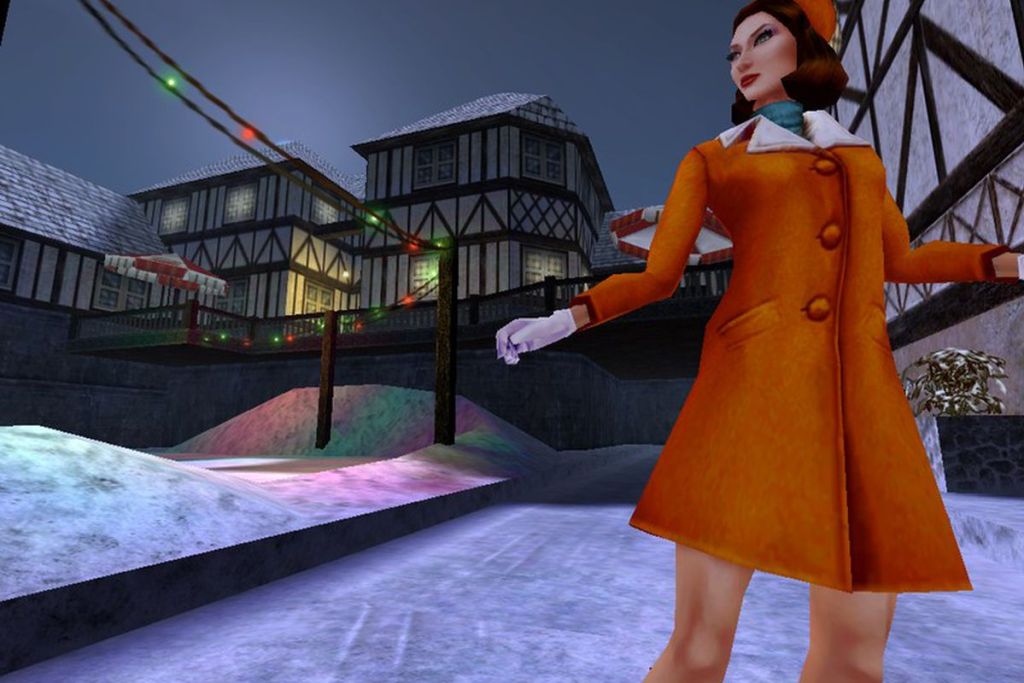
7. No One Lives Forever
While I tried to limit the number of franchises on this list that we haven’t really forgotten about due to the internet’s fondness for them, No One Lives Forever is always going to be an exception to most rules.
The No One Lives Forever games were essentially spy movie parodies disguised as early 2000s first-person shooters. Not only were they genuinely funny (a rare feat in gaming to this day), but their campaigns remain some of the best solo adventures in FPS history. While this franchise does indeed appear to be stuck in the deepest pits of licensing hell, it really is worthy of the sometimes overwhelming love that it has received from forlorn fans over the years.
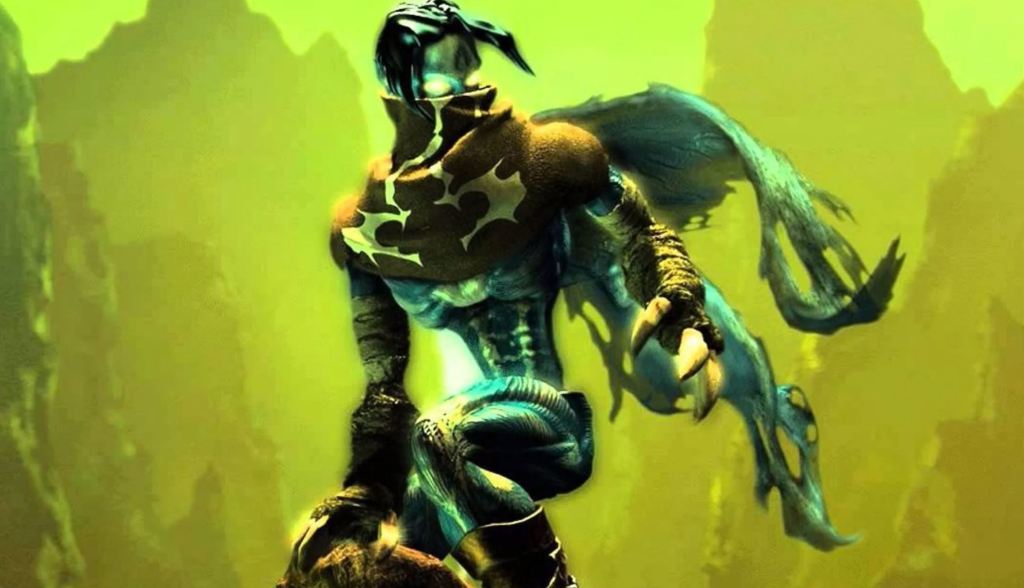
6. Legacy of Kain
Like a few of the games on this list, it’s not really difficult to figure out what happened to the Legacy of Kain series. Even at their best, the games were aimed at a slightly smaller audience who were ready to lose themselves in a truly weird world of vampires that often demanded that you memorize a small encyclopedia of mythology. At their worst…well, at their worst the games just weren’t very good.
For all their many, many problems, though, the Legacy of Kain games were usually just a bit too ambitious for their own good. However, with a few of the refinements introduced and honed by a new era of 3D action games, I genuinely believe that this franchise could finally smooth its rough gameplay edges and focus on its wonderful worldbuilding. It’s just a matter of finding a team that is ready to take on a project quite this daunting.
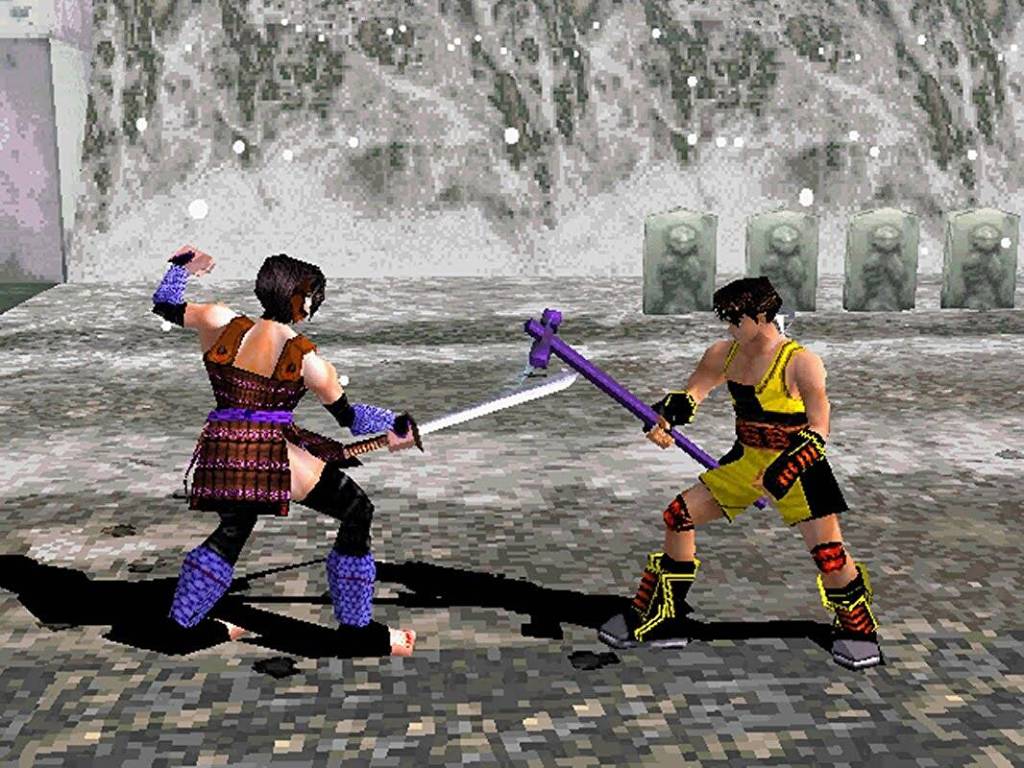
5. Bushido Blade
I was actually somewhat surprised by the number of fighting game franchises that could have made this list. It’s a genre that has historically been filled with ambitious games that just didn’t find the widespread success they deserved for one reason or another. However, the Bushido Blade franchise truly stands alone even in the face of some considerable competition.
On the surface, the Bushido Blade games look like standard 3D fighters starring weapon-weilding warriors. However, the gimmick that made Bushido Blade so special was the ability to “one-shot” your opponent with a properly landed killing blow. A few games have tried, but there’s never really been another fighter that has replicated the brilliance and strategy of that concept. Even if you remove that element of the game from the conversation, you’re still left with some of the most rewarding fighting games ever made.
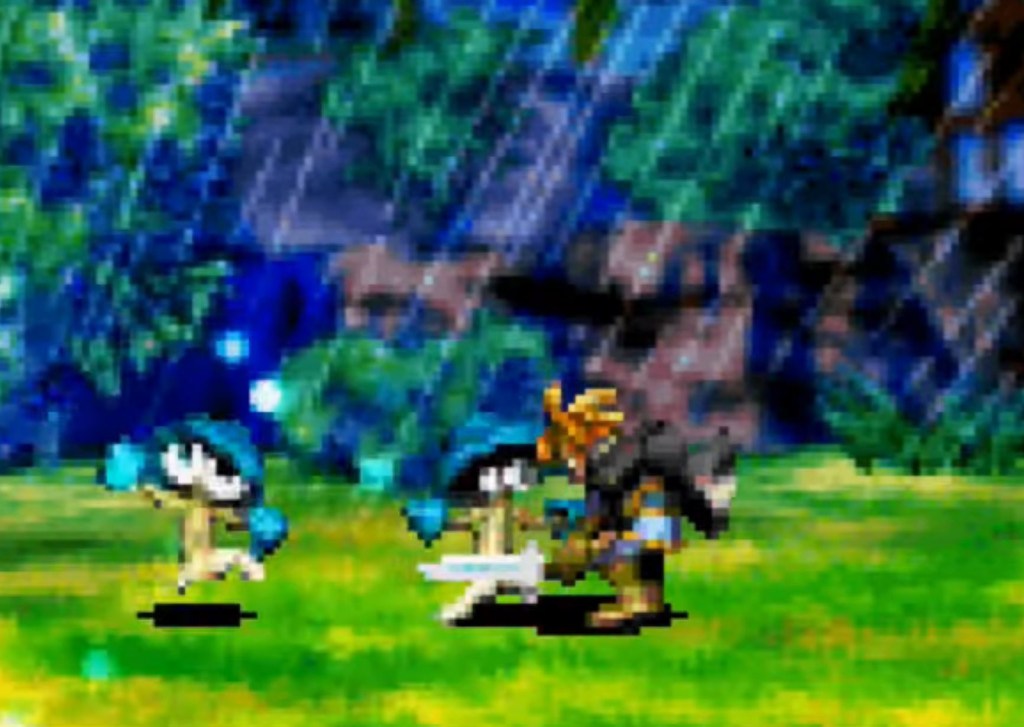
4. Golden Sun
I honestly believe that Camelot is the most underrated RPG studio developer ever. Between the brilliant Shining Force games and the way they sneakily utilized RPG mechanics in their Mario sports titles, Camelot has shown they know how to make truly deep RPGs that don’t sacrifice fun. So far as that goes, Golden Sun has to be their masterpiece.
Golden Sun started as an N64 game, but it was eventually ported to the Game Boy Advance. Truth be told, I have a hard time imagining it on any other device. The franchise featured a perfect blend of old-school visuals and mechanics with just enough more modern concepts to keep the whole thing from feeling like a simple tribute. The Golden Sun games were beautiful, perfectly placed, and arguably some of the best gateway RPGs ever made. I don’t know if it’s possible to recapture their magic, but I’d love for someone to find out.
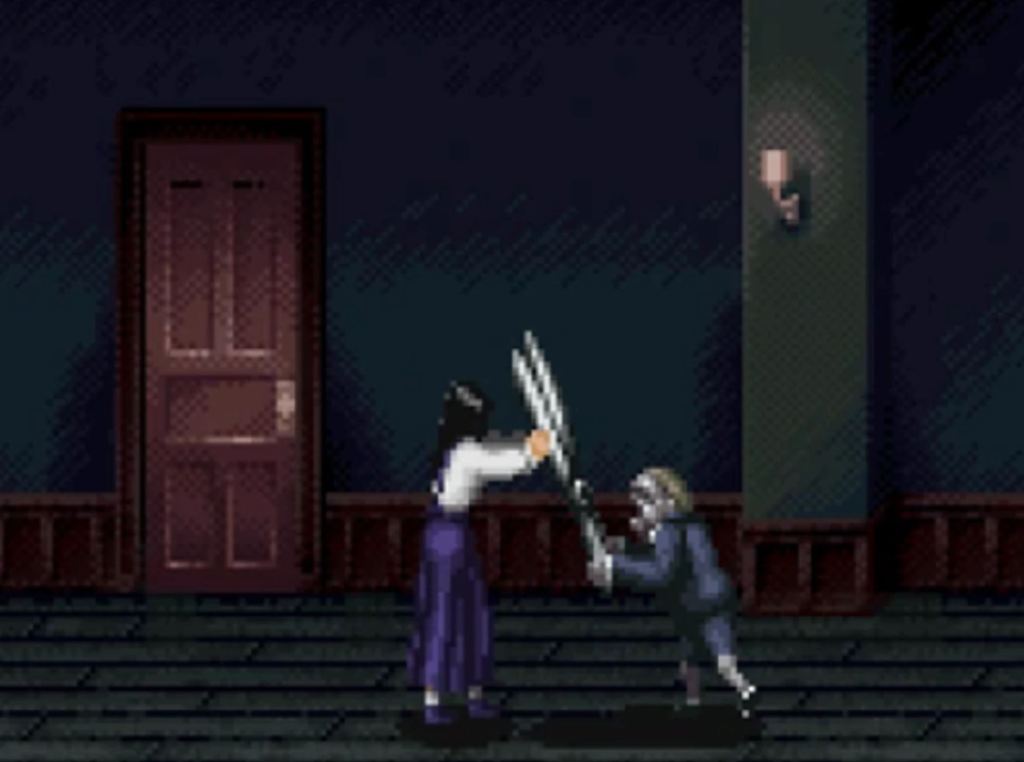
3. Clock Tower
Of the many, many horror franchises that ultimately got swallowed by Resident Evil’s success, few deserved their fate less than the Clock Tower series. After all, the Clock Tower franchise was not only offering compelling horror gaming before Resident Evil, but it featured a style of horror gaming that few other games have been able to top or replicate.
The Clock Tower games were essentially the video game equivalent of a great slasher film. Each entry typically saw you navigate a creepy location while avoiding being caught by a slasher or two. Unlike many slasher movies, the Clock Tower games were genuinely terrifying. While the Clock Tower games were perhaps just a bit too weird and terrifying for some, I’d like to believe they would find a wider audience today.
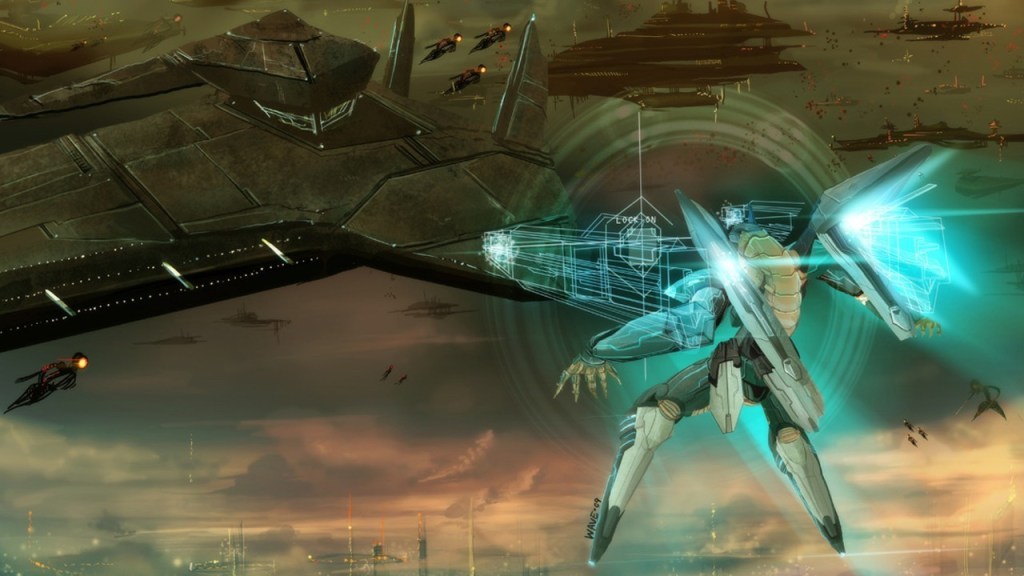
2. Zone of the Enders
There was a time when some wondered if Zone of the Enders was destined to be known as the game that included a Metal Gear Solid 2 demo. While that proved to be a slight exaggeration, it was also a bit too close to the truth of the matter. Despite being some of the most creative, stylish, and enjoyable action games of their era, the Zone of the Enders titles are, sadly, little more than a footnote today.
It’s tough to realize that even stunningly beautiful action games that let you experience massive, anime-style mech fights can fall on their face (relatively speaking), but that’s about what happened to the Zone of the Enders games. Granted, they weren’t perfect, but their flaws paled in comparison to their triumphs. If only Konami wasn’t…well, Konami, we might actually see this franchise get the revival it deserves.
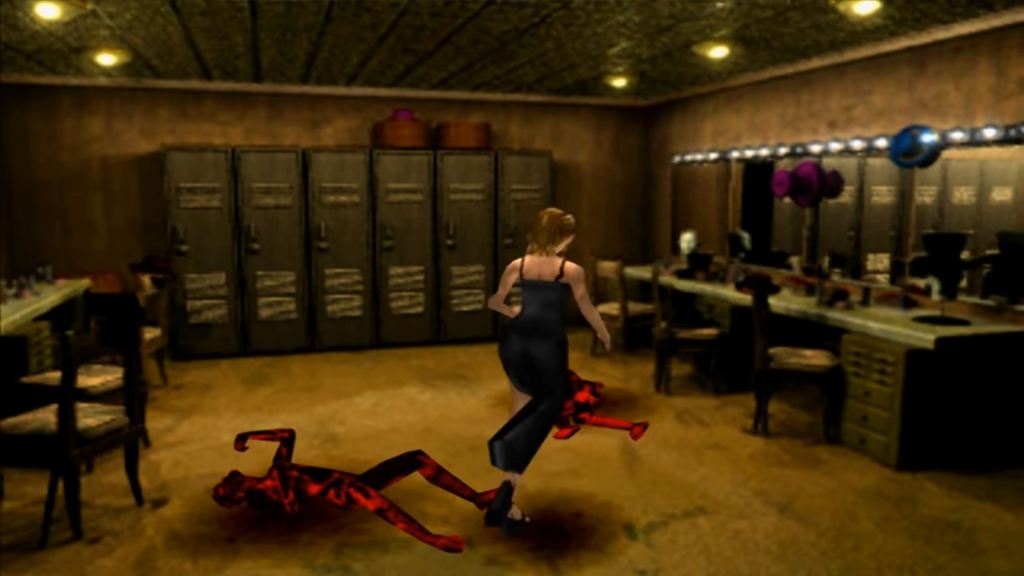
1. Parasite Eve
Few developers had a more interesting run than the one SquareSoft crafted during the PS1 era. When they weren’t making some of the best Final Fantasy games ever, they were experimenting with a ton of new concepts that sadly didn’t always get the love they deserved. However, few of the Squaresoft experiments from that era are quite as compelling as the Parasite Eve games.
The simplest description of Parasite Eve (an ARPG horror game) quickly reveals how unique it really is. They were psychological body horror games with twisted stories and compelling, strategy-focused gameplay. While I’d argue that Parasite Eve 2’s shift to a more active form of combat compromised elements of the original game’s identity, this franchise really touched upon something special that no other horror title has been able to replicate.
The Parasite Eve games are the kinds of wild swings a developer at the top of their game shouldn’t be afraid to make. Sadly, that also makes them kind of relic of their times.
